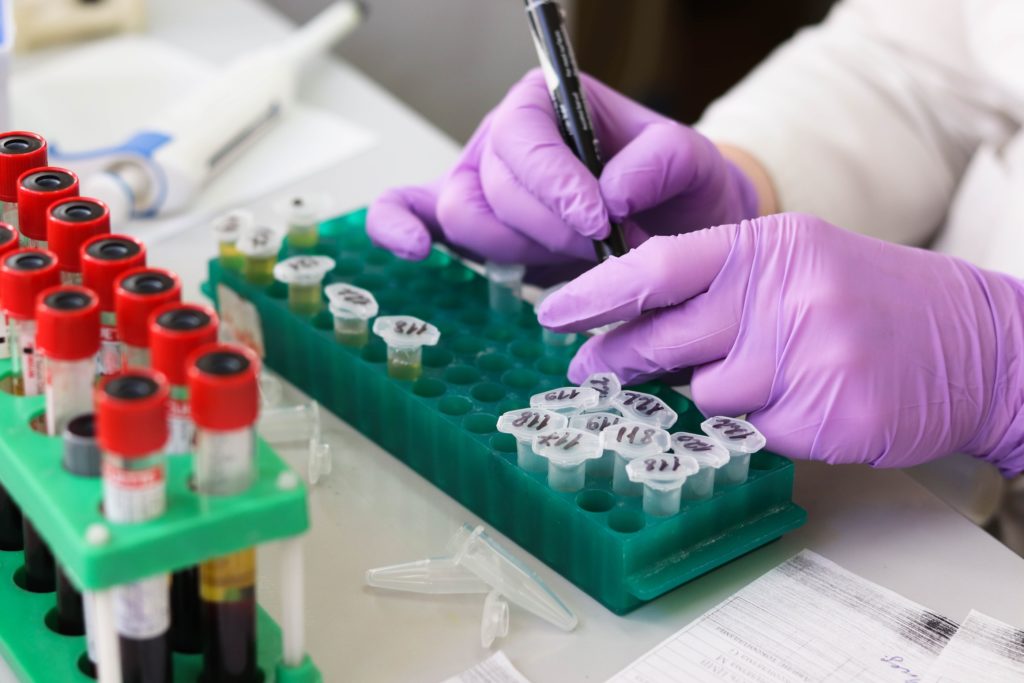A father took an at-home DNA test. His son was then falsely accused of murder

William Brangham:
When the DNA test results came back, it wasn't a match. Michael Usry Jr. was cleared.
New York University's Erin Murphy, who studies genetics and the law, sees Usry's ordeal as a cautionary tale. She says, remember, Michael Usry never tested his own DNA. He was ensnared because his father had. And Murphy says those decisions, made by others, cannot be undone.
Erin Murphy, New York University School of Law: You can change your phone number if someone starts harassing you. You can change your address if things get really dark. You can do a lot of credit card cancellations if things get into the wrong hands. But you can't cancel your genome. You can't edit your genome.
And, more importantly, the decisions that you make about your genomic privacy can be overridden by anybody, not only in your immediate family tree. It's not just, oh, my brother chooses to do this, but my sixth cousin I never met chose to do this.
That decision essentially erases the genetic privacy of everyone else.
ncG1vNJzZmivp6x7sa7SZ6arn1%2Bjsri%2Fx6isq2ejnby4e8BmnZqsmJq%2FbsDOqKJmmZ5irrV5x6iknmWUo65uwMSsq2agmah6tLvNZq6aq12brq2%2FxKWwZpmTmMK0scNmpp9lnaq%2FpbHR